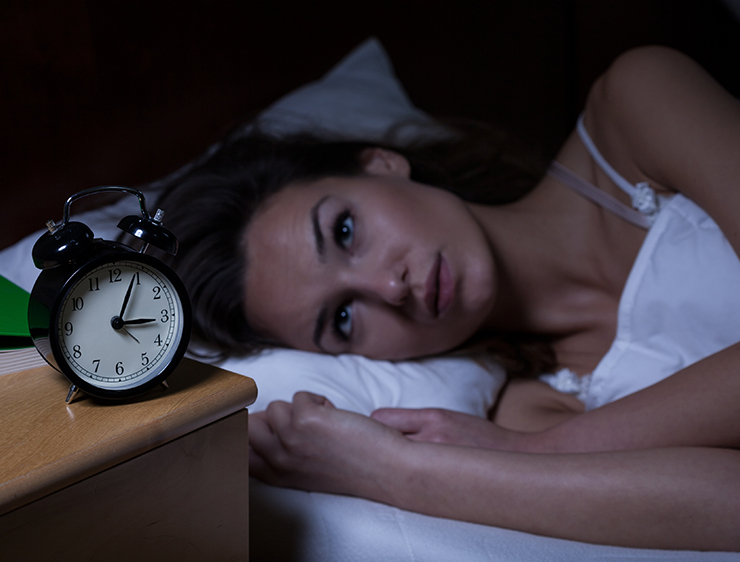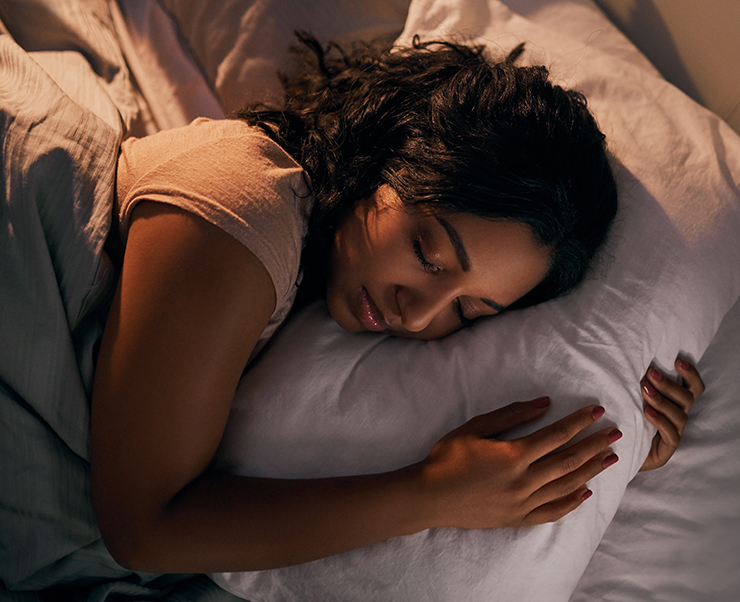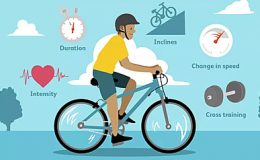
Runners must train in every area of their lives to give their best performances. Therefore, you should remember to make time for relaxation, healing, and sleep in addition to routinely exercising and eating wholesome meals as the overall performance might decrease whenever one area is weak. Let’s explore the aforementioned in this running guide
How does sleep deprivation affect your performance?

Loss of sleep for runners not only wears them but also physically drains as well. It’s so difficult to cope with it psychologically; it feels like your head is more exhausted than your body. Moreover, lack of sleep affects your mental capacity and increases the likelihood of making bad choices and taking risks. Let’s look into these benefits:
- Release of growth hormones during sleep
- Your heart can relax as you sleep
- The immune system can be strengthened by sleep
After a long day of demanding activity, your system finally gets to relax when you go to bed. Your body produces growth hormones as you sleep, which aid in repairing cellular and tissue damage as well as promoting bone and muscular growth.
Any runner should keep up good cardiovascular health. Sleep for runners ensures that blood is distributed evenly throughout the body.
The body creates cytokines as you sleep, which are substances that support immunity and fight infections. These cytokines create a protective barrier surrounding the body to lower the chance of illness. You may exercise more regularly and become a quicker runner by reducing your risk of sickness. Your running performance increases with increased immunity.
Ways you can get your sleep on track in this running guide!

- Don’t break the chain
- Go underground!
- Cut the power
- Avoid too many happy hours
- Stop using caffeine
- Natural pain relief
- Remain patient
Maintain the same sleeping and waking hours. Further, establish a soothing habit before bed, like practising mild yoga or listening to soft music. Your body will be more inclined to fall asleep if you establish a nightly routine.
Make your place as chilly, silent, and dark as a cave. Invest in blackout curtains, a fan, or a white noise machine, and dim the lights from your phone or alarm clock.
One hour before bedtime, turn off all electronics since the light from them prevents the creation of the hormone melatonin.
Drinking often can degrade the quality of your sleep, leaving you groggy and exhausted. It also affects your sleep pattern. Alcohol may assist some individuals in falling asleep at first, but the detrimental impact on the quality of sleep overshadows this benefit.
After caffeine intake, it takes six hours before it leaves your system. Therefore, after 5 o’clock, switch to decaf or, at the very least, green tea, which has just 50 mg of caffeine.
Ibuprofen and other anti-inflammatories keep some awake at night. Avoid taking them right before night, or consider a supplement like glucosamine chondroitin or fish oil instead.
A regular jogging schedule can help with insomnia problems, albeit not right away. For exercise to enhance sleep, it might take up to four months.
We hope the above sleep tips for runners helped improve your quality of sleep. HDOR encourages all the runners out there to incorporate a healthy lifestyle for reaching their respective goals with virtual and realistic challenges, leading to an exceptional running journey!







